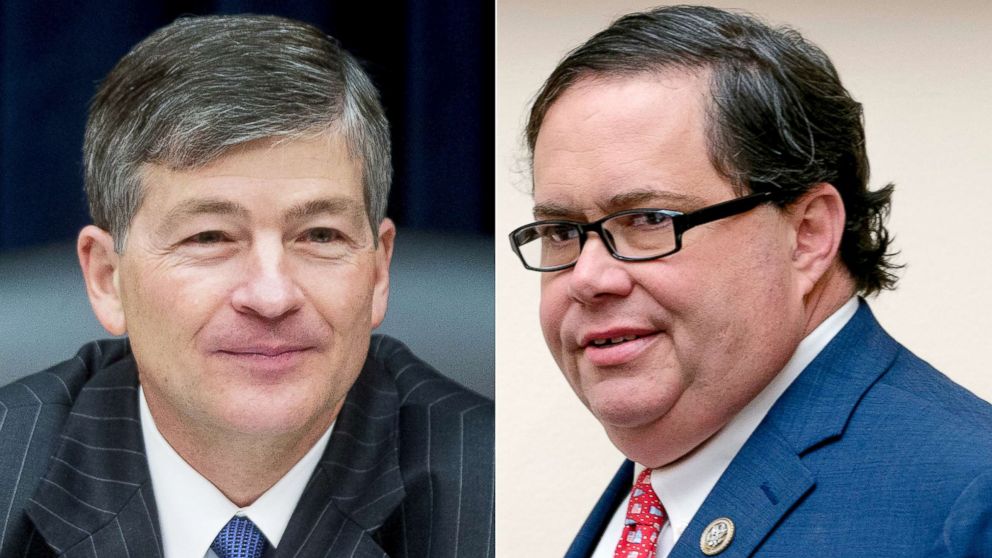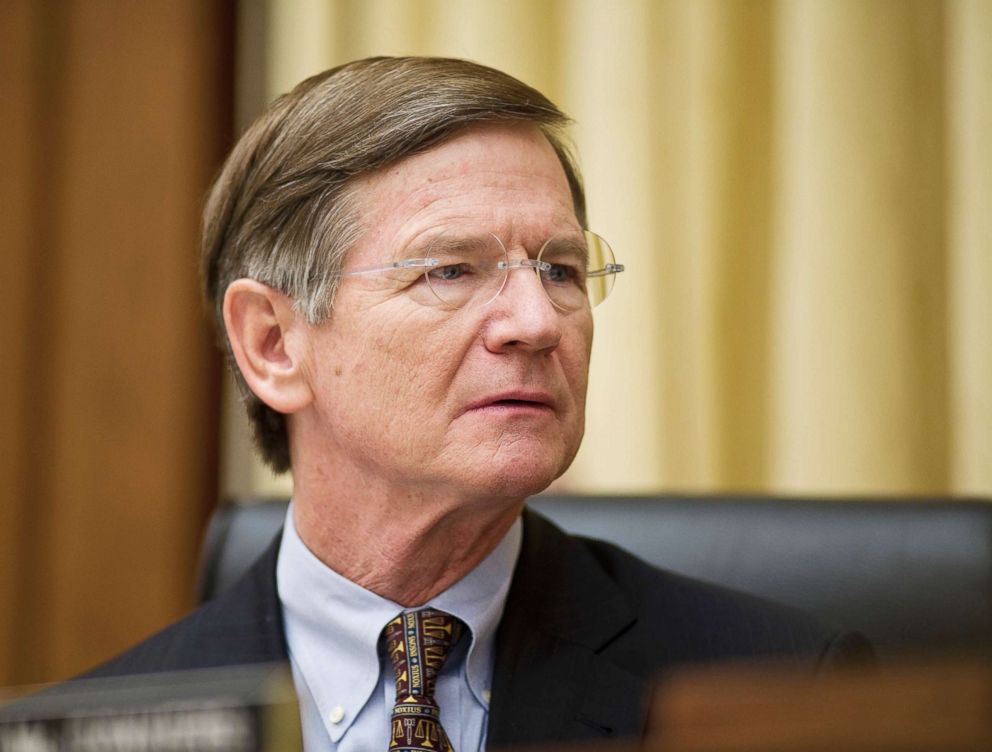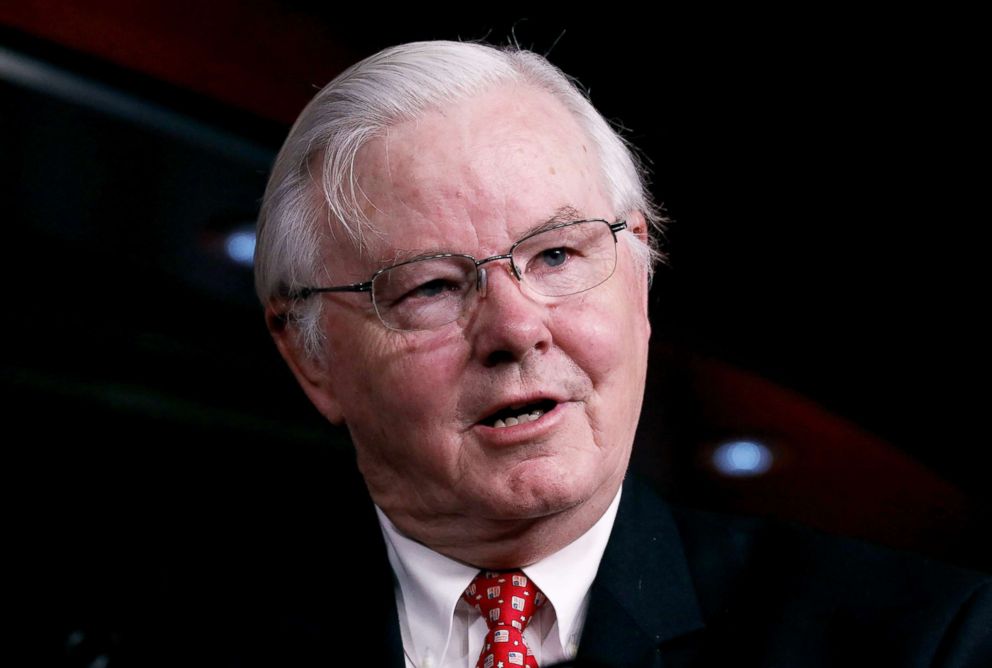With 2018 looming, Texas congressional retirements continue to pile up
Rep. Blake Farenthold's decision to not seek re-election brings the total to 8.

— -- With Thursday's announcement that Rep. Blake Farenthold, R-Texas will not seek re-election in 2018, eight congressional seats in Texas will have a different representative come January 2019.
That's the biggest turnover in the state's congressional delegation since 2005, according to data from the Texas Politics Project at the University of Texas at Austin.
The departure of six Republicans and two Democrats thus far, which represents over 20 percent of Texas’ congressional delegation, has sparked speculation about whether the state could play a key role in the Democratic Party’s quest to retake the House of Representatives in 2018.
In addition to Farenthold’s announcement, prompted in part by a former staffer's sexual harassment allegations against him that he denies, Representatives Jeb Hensarling, Lamar Smith, Ted Poe, Joe Barton and Sam Johnson are the other Republicans who have said they too will not seek re-election in 2018.
Those names include some of the most senior and powerful members of the Texas delegation. Barton is the eighth most senior member in the U.S. House and most senior member of the Texas congressional delegation. Hensarling chairs the House Financial Services Committee and Smith chairs the House Science, Space and Technology Committee.
Representatives Beto O’Rourke and Gene Green are the two Texas Democrats not seeking to hold their seats next year. O’Rourke is instead mounting a bid for the U.S. Senate, challenging Republican Ted Cruz.

National Democrats are cautiously optimistic they can compete in some districts now that their candidates no longer face the disadvantages that come with running against an incumbent.
“The bottom line is that people across our country are looking for a change from Republicans in Washington putting corporations and millionaires ahead of the middle class, and their energy can be felt in the suburbs of Dallas and Houston, down to the Rio Grande, and all across Texas,” Cole Leiter, a spokesman for the Democratic Congressional Campaign Committee (DCCC) told ABC News. “We’re still a long way off from Election Day, but running authentic, grassroots campaigns in every single district in Texas is how we finally give all Texans a real choice next November.”
Despite the talk of Democrats competing in some districts with retiring incumbents, including suburbs of cities like Dallas, Houston and San Antonio, Republicans are confident they can hold off challengers despite a national political environment colored by the chronically low approval ratings of a Republican president.

“These are Republican districts with strong GOP candidates in the field. The Texas delegation will be welcoming a big crop of talented new Republicans in 2019,” Jack Pandol, a spokesperson for the National Republican Congressional Committee (NRCC) told ABC News.
But Texas has long been eyed by Democrats as a state with great political potential, and some experts in the state say that indeed the party seems to be poised to make a run at some of the state’s more Republican-leaning districts.
“Overall we're seeing a real uptick in Democratic candidates,” said James Henson, Director of the Texas Politics Project at the University of Texas at Austin. “Even if it's a 'heavily Republican-favored seat’ one would rather run for an open seat than run against an incumbent.”

While Democrats may be seeing increased enthusiasm nationally, bolstered by wins last month in Virginia and New Jersey, and just this week in deep red Alabama, Texas remains a political environment ripe with difficulty.
“Democrats go into this with a significant baseline disadvantage in party identification throughout the state,” Henson said. “This varies from district to district in congressional and legislative races and that's why you're seeing a lot of action there. But you still start at a disadvantage.”
Henson also said Democrats should be wary of attempting to nationalize races in districts where President Trump, who won the state of Texas by just under 10 points in 2016, remains popular.
“Republican consultants and Republican candidates here will have no problem pushing back against 'outside influences' trying to interfere in races in the state,” Henson said.




